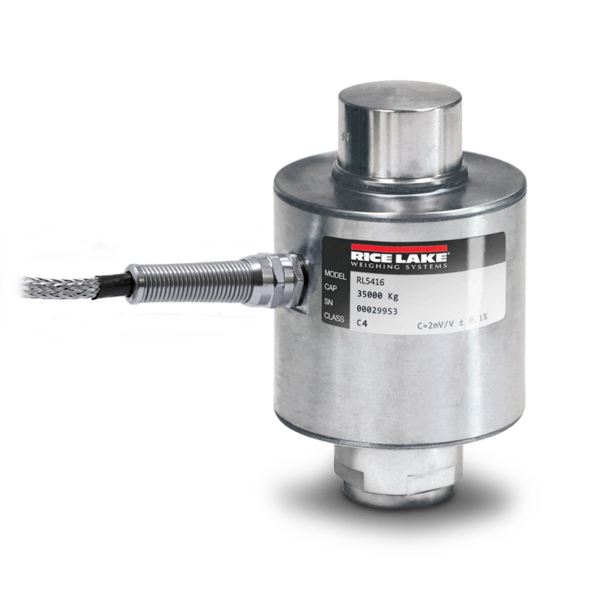Choosing the Right Tool for the Job: A Guide to Load Cell Types and Selection
Load cells are the unsung heroes of the measurement world, silently converting force into a measurable electrical signal. But with a variety of types available, selecting the right one for your application can feel overwhelming. This blog post will equip you with the knowledge to navigate the world of load cells and choose the perfect fit for your needs.

The Load Cell Lineup: Popular Types Explained
- Strain Gauge Load Cells: These workhorses of the industry use internal strain gauges to detect deformation caused by force. They offer high accuracy, versatility, and a wide range of capacities. Types of strain gauge load cells include single-point, shear beam, double-ended and S-type load cells.
- Hydraulic Load Cells: Utilising fluid pressure to measure force, hydraulic load cells are ideal for environments where electrical components might be hazardous, such as chemical plants and explosive environments.
- Pneumatic Load Cells: These load cells use air pressure and are suitable for applications requiring intrinsic safety and hygiene, such as in the food and pharmaceutical industries.
- Capacitive Load Cells: Offering high sensitivity, capacitive load cells are used in applications requiring precise measurements, such as laboratory and medical equipment.
Choosing Your Champion: Factors to Consider
- Capacity Range: This refers to the maximum force the load cell can handle. Choose a cell with a capacity exceeding your expected load to ensure safety and accuracy.
- Accuracy Requirements: Consider the level of precision needed for your application. High-precision tasks may require a higher accuracy load cell.
- Environmental Conditions: Will the load cell be exposed to extreme temperatures, moisture, or chemicals? Choose a design that can withstand the environment.
- Mounting Options: How will the load cell be installed? Consider the physical space available and the type of force (tension, compression, etc.) to be measured.
Applications and Ideal Load Cell Types
- Retail Scales: Single-Point Load Cells provide the necessary accuracy and are designed for off-center loading, making them ideal for small to medium-sized platform scales.
- Industrial Weighing Systems: Shear Beam Load Cells offer durability and high capacity, suitable for floor scales, tank weighing systems, and conveyor belt scales.
- Heavy-Duty Applications: Double-Ended Beam Load Cells withstand high loads and harsh conditions, making them perfect for truck scales and large vessel weighing.
- Hopper and Tank Weighing: S-Type Load Cells provide flexibility for both tension and compression measurements, ideal for hoppers, silos, and suspended tanks.
- Hazardous Environments: Hydraulic Load Cells are safe for use in explosive environments, such as chemical plants, where electrical components pose risks.
- Hygienic Applications: Pneumatic Load Cells are suitable for environments requiring high levels of cleanliness and safety, such as food and pharmaceutical industries.
Remember, this is just a starting point. Consulting with a load cell specialist can ensure you select the perfect fit for your specific needs. With the right knowledge, you can find the load cell that becomes your trusted partner in the world of force measurement.
At Micro Weighing Solutions (MWS Ltd), we offer a wide range of high-quality load cells tailored to meet the diverse needs of various industries. Contact us to learn more about our products and how we can help you find the perfect solution for your weighing requirements.




















